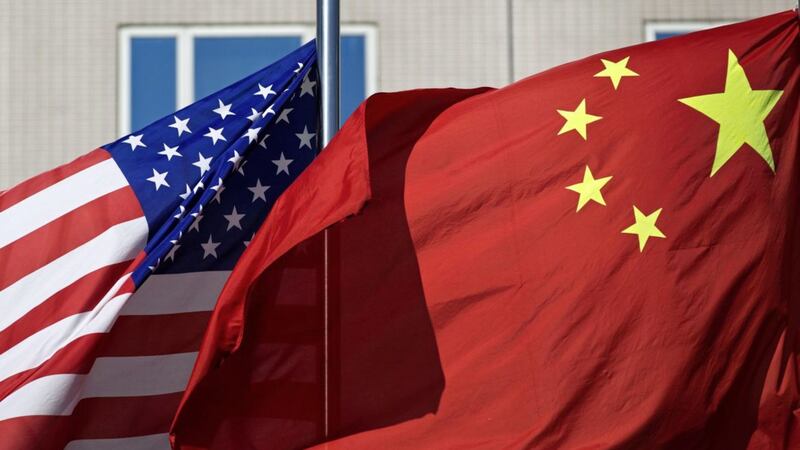IT seems to be economic rather than geographical territory that is vexing the relationship between China and the US. If these tensions continue to escalate as they have over much of the year (with a further ratcheting up scheduled for January) then it will certainly continue to complicate investment decisions and leave us all a little worse off in aggregate.
As investors, we have to plot our way through these trials. Interestingly though, there are lessons in all this for us from military strategy. Just as in the fog of war precision and certainty are acknowledged as unattainable goals, so they are in investing. Intelligence, surveillance and reconnaissance can only clear some, but never all, of this fog.
The tactical portfolio that results from all of this dispassionate and reasoned analysis is aimed at playing the evolving probabilities of all the currently visible risks and opportunities around the world. We should only deviate from our neutral position if we see a discrepancy in how the market is pricing one of these risks or opportunities relative to our view. Pick your battles.
At the moment, we still see tactical skirmishes to be profitably fought in leaning towards continental European and emerging market equities. Both sentiment and, to a certain extent, the fundamental backdrop in these regions have been no doubt hurt by the escalating trade spat, which certainly remains a significant risk. Political historians will point to the tendency of presidents stripped of Congress to focus on wielding more of the office’s executive power, particularly in the arena of trade and foreign policy, to compensate. Perhaps.
However, we see many of the other restraints on these regions falling away into the end of the year. The populist Italian budget continues to dominate headlines, but we suspect a compromise will be found before too long, even if more market pressure may be needed to force such a conciliation. Meanwhile, the wider continental European economy will look a little better into the end of the year as German car manufacturers move on from some of the problems associated with adopting new emissions tests, and China looks capable of stabilising at a slightly lower growth rate under the more active hands of its policymakers.
Elsewhere, we are starting to see less of a battle to be fought in government bonds, particularly in the US. One typically finds during an interest rate rising cycle that the 10-year yield does not rise above the rate at which base rates eventually peak. On currently available economic information, it is hard to see the US base rate going much above 3.5 per cent, a rate that the FOMC will reach, if they continue at the current pace, at the end of 2019.
For those looking to avoid this fog of war altogether, the answer is simple. Your long term returns are primarily decided by the valuation of assets when purchased and, more importantly, the prospects for long term growth. For our part, we will humbly and diligently continue to work at augmenting those returns with the tactical manoeuvres described above.
:: Claire McCombe is a private banker at Barclays Wealth & Investments NI








